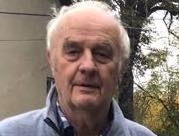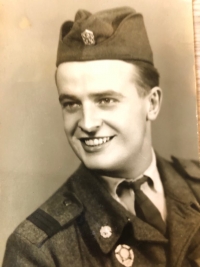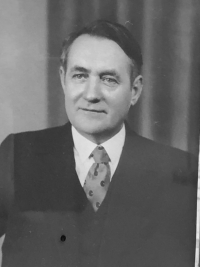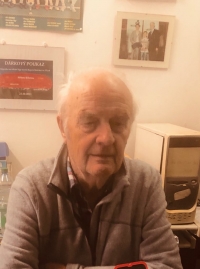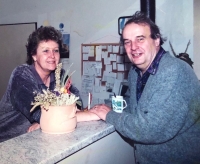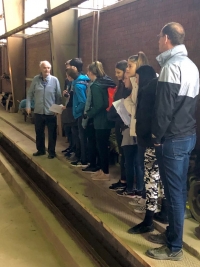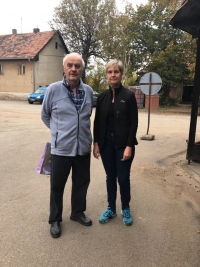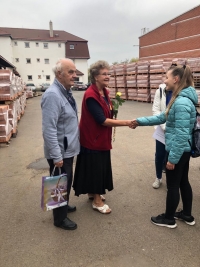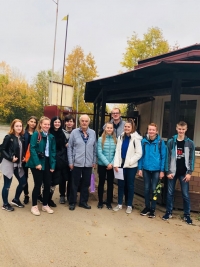Grandfather was satisfied
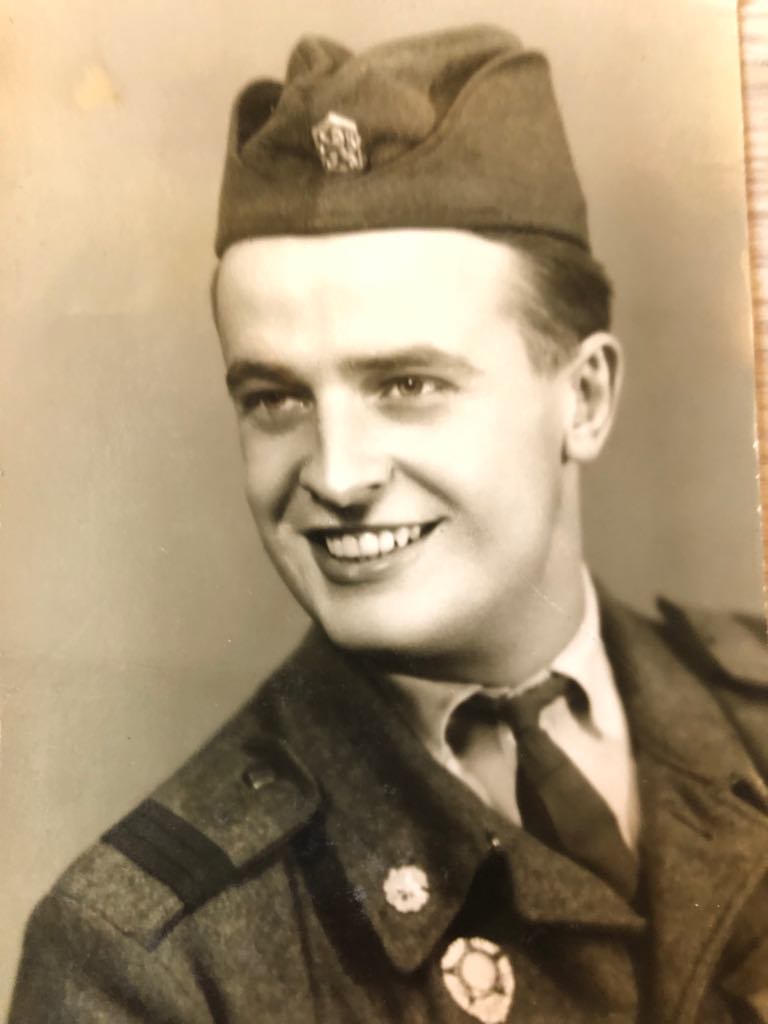
Stáhnout obrázek
Jan Fiala was born on October 16, 1943, in Prague. His grandfather founded a brick factory in Štěrboholy and died a year before Jan‘s birth. The brick factory was nationalized in 1952 and the witness, as a son of a former family of entrepreneurs, was not allowed to study. He served in the Auxiliary Technical Battalion. After the war, he married and moved to Nymburk, where he worked on the district national committee and later in the waterworks. After the Velvet Revolution, he got the family brick factory back and he and his wife decided to build it and put it back into operation. He still works in the brick factory in Štěrboholy.
